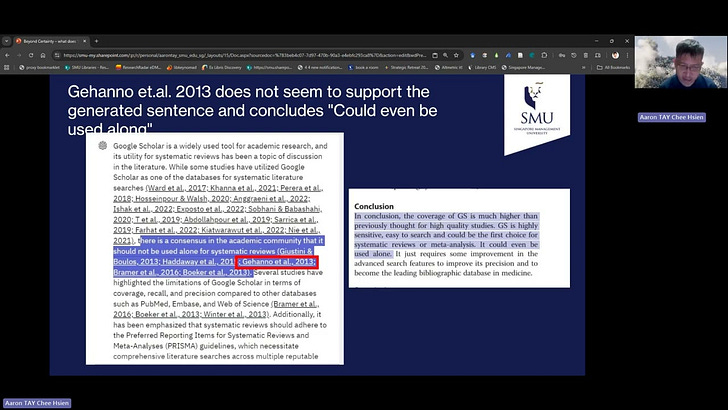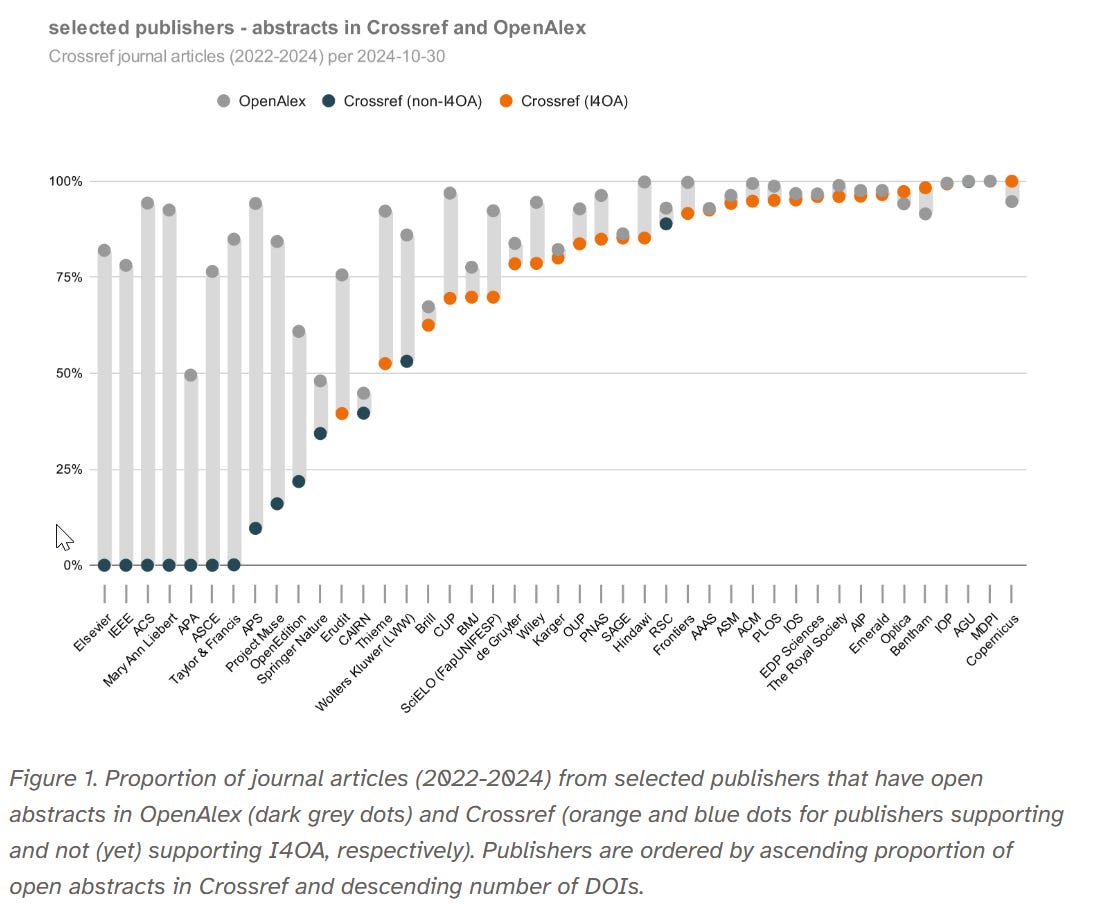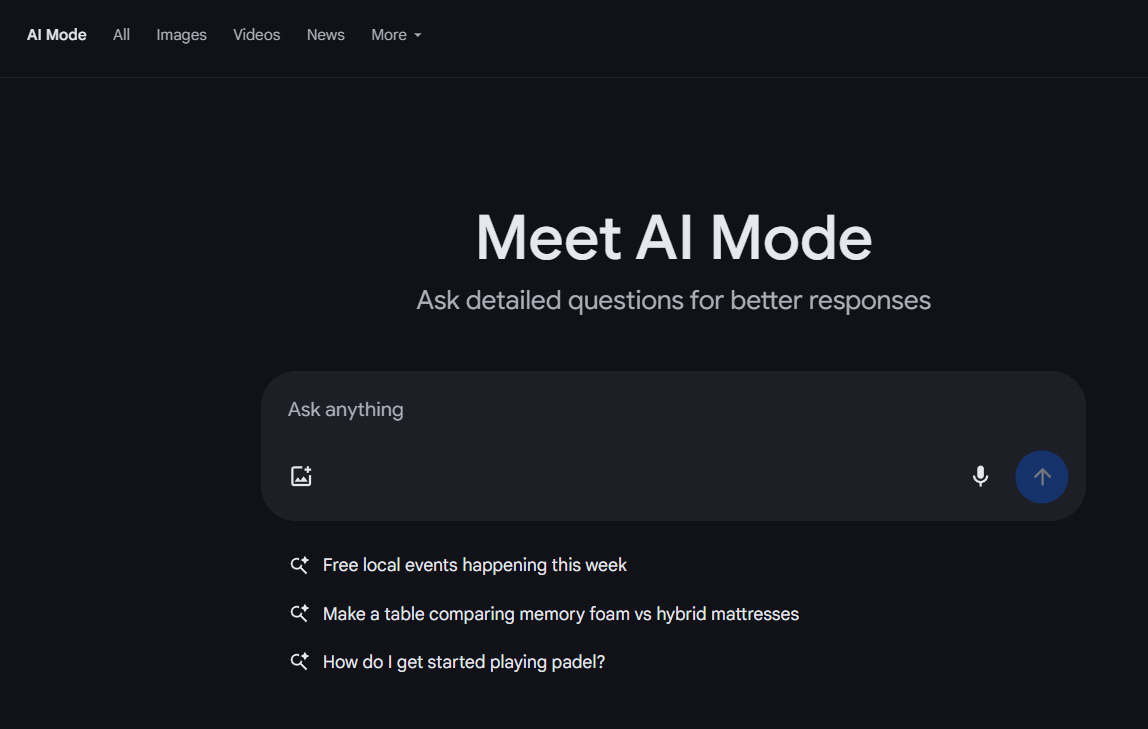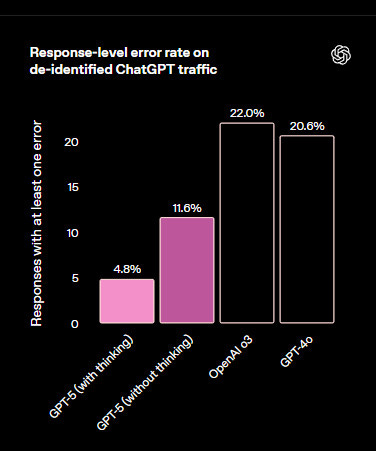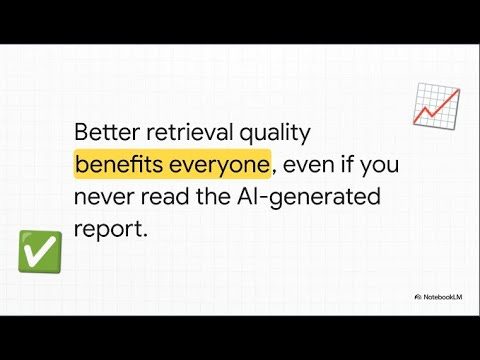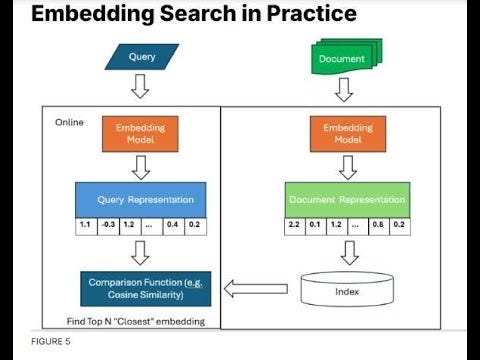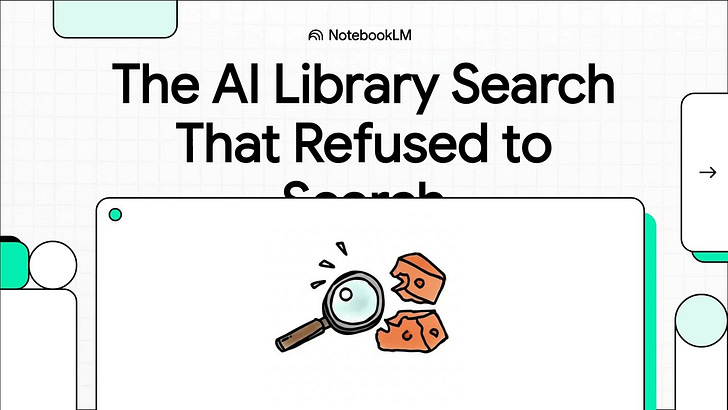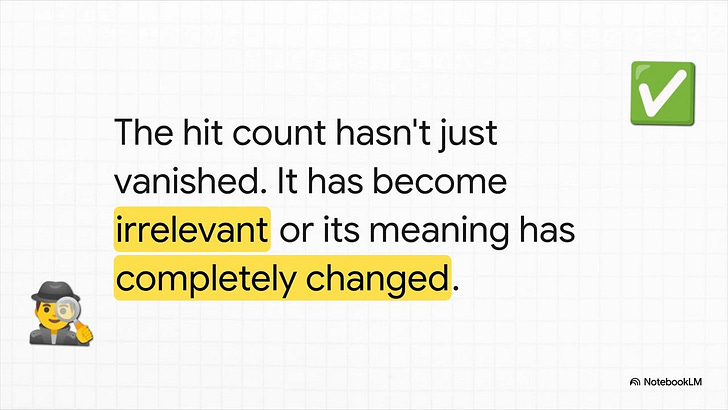
TL;DR ResearchRabbit shipped its biggest update in years: a cleaner iterative “rabbit hole” flow, a more configurable citation graph, and an optional premium tier. The company now “ partners’ with Litmaps (others are reporting as acquired , which shows up in features and business model Free tier limits each search to <50 input papers / <5 authors and one project;

